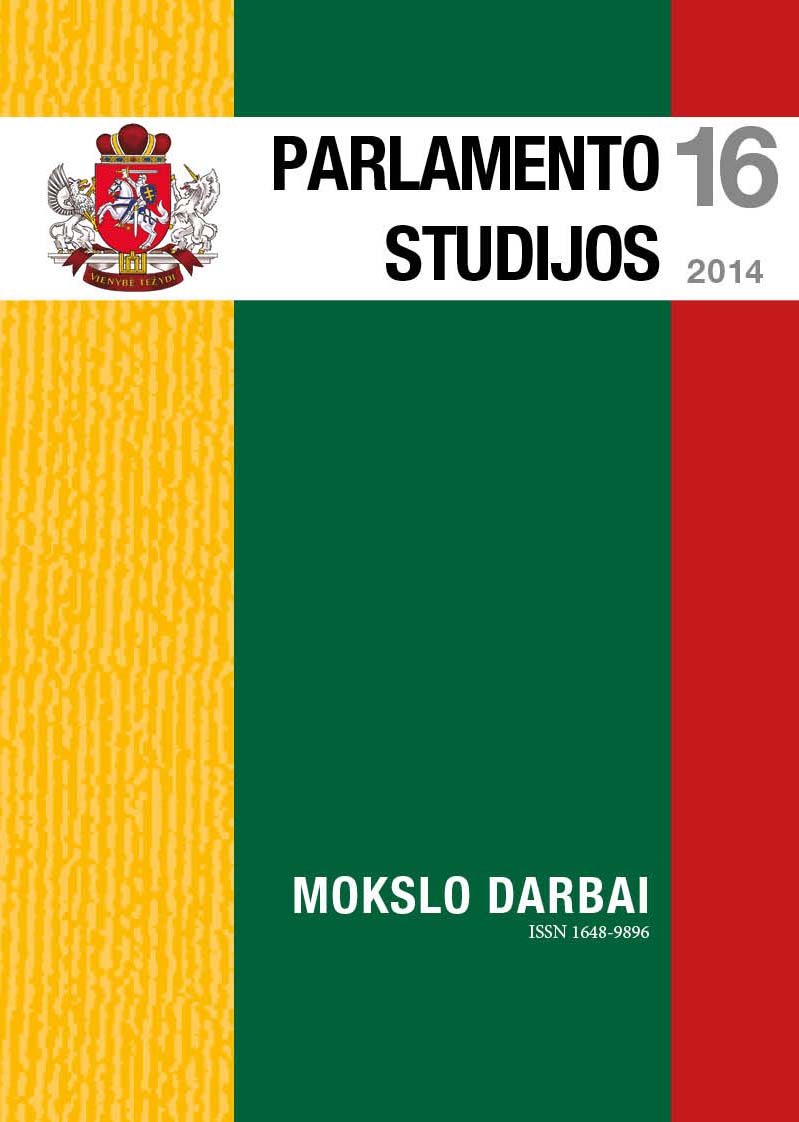Languages in the State Policy: Development of Language Standard
DOI:
https://doi.org/10.51740/ps.vi16.220Keywords:
language politics, standard language, written language, state policy, dialect, grammar, orthography, nation, university, Lithuanian, purificationAbstract
This paper focuses on the development of language standard: why and when it emerged in Europe, its significance and similarity to the processes that happened in Lithuania. Standard languages are created and get established faster when they are understood as a tool to unite and rule states. For a subdued nation the development of standard language might be long and difficult. The history of Standard Lithuanian is long and complex. Despite the tendency of writing to lean towards the Western Aukštaitian, the dialect was not chosen until the nineteenth century and the orthography was not fully established; the link with the state policy was in so much as it was needed to control the countryside people and gentry. The Samogitian movement and Motiejus Valančius who continued to implement its aspirations played a significant role in the nineteenth century events. At the end of the nineteenth century the dialect was already selected and orthography set. Generally the whole nineteenth century was marked by the purification of the language. 1922 might be considered the most important year for Standard Lithuanian: it was declared the state language in the Constitution, the Ministry of Education acknowledged Jablonskis’ grammar as the standard grammar and the university was established in Kaunas.








 The metadata of the scholarly journals and publications of the Lithuanian National Martynas Mažvydas Library is distributed by
The metadata of the scholarly journals and publications of the Lithuanian National Martynas Mažvydas Library is distributed by 